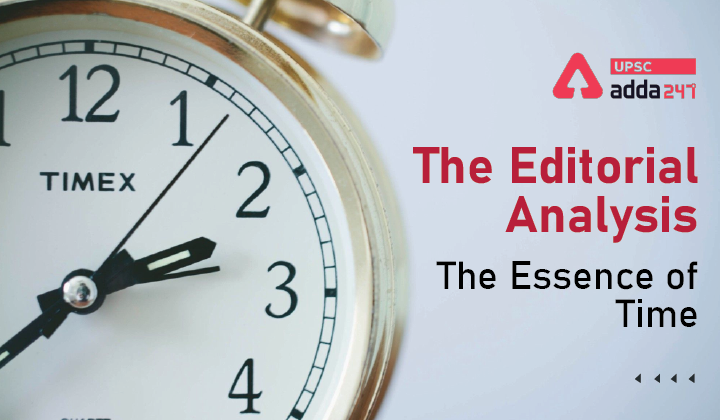Table of Contents
SC on Anti-defection law- Relevance for UPSC Exam
Anti-Defection Law: Anti-Defection Law is mechanism to use disqualify MPs/MLAs who act against their official party line. Anti-Defection Law is part of UPSC Mains GS Paper 2 (Indian Constitution- Parliament and State Legislatures – structure, functioning, conduct of business, powers & privileges and issues arising out of these.)
SC on Anti-defection law in News
- Recent political crisis in Maharashtra has given rise to the question whether the Shiv Sena rebels can avoid disqualification under the anti-defection law.
- It is in this backdrop that judicial intervention in matters relating to disqualifying lawmakers for defection takes place — either buying the dissidents time or allowing disqualification proceedings to go on unhindered.
Supreme Court on Anti-defection law
- Role of Time: Time is of the essence when it comes to executing political manoeuvres to reduce a government to a minority.
- Dissident legislators need time to gather enough numbers to vote out the regime.
- Ruling parties need to close the window of opportunity soon, often using the threat of disqualification for defection.
- Supreme Court’s Intervention: Supreme Court order granted time until July 12 to dissident Shiv Sena legislators in the Maharashtra Assembly to reply to the Deputy Speaker’s notice under the anti-defection law.
- This has effectively made it possible for them to actualise their objective without the threat of disqualification for now.
- It is doubtful whether the Court should have done this in the face of a specific bar on judicial intervention in disqualification proceedings at any stage prior to final adjudication under the Tenth Schedule.
- In 1992 (Kilhoto Hollohan vs Zachillhu): a Constitution Bench of Supreme Court, while upholding the validity of the anti-defection law, held that the Speaker’s decision was subject to judicial review, albeit on limited grounds.
- It also made it clear that this should take place after a final decision, and there can be no interim order, except if there is an interim disqualification or suspension.
Concerns with Supreme Court order on Maharashtra Political Crisis
- The Deputy Speaker’s grant of just two days for the MLAs to reply may have occasioned the intervention; but it is doubtful whether the Court should concern itself with the question now, when it can be decided after their possible disqualification.
- There are Court judgments that say compliance with natural justice is not based on the number of days given, but on whether sufficient opportunity was given before a decision.
- Based on a conclusion in Nabam Rebia (2016) that a Presiding Officer should not adjudicate any defection complaint while a motion for his own removal is pending, the dissidents sent a motion to get the Deputy Speaker removed.
- After he rejected it, the rejection has also been questioned in court, thus raising a jurisdiction question on the adjudicatory power of the Deputy Speaker, who, of necessity, has to decide disqualification questions in the absence of a Speaker.
- Motions to remove a Presiding Officer should not become a ploy to circumvent disqualification proceedings.
Conclusion
- When defection is seen as a serious menace by the Constitution, courts should not act in furtherance of it. The duty to protect those wrongly disqualified is important, but so is calling to account defectors whose motives are suspect.




 TSPSC Group 1 Question Paper 2024, Downl...
TSPSC Group 1 Question Paper 2024, Downl...
 TSPSC Group 1 Answer key 2024 Out, Downl...
TSPSC Group 1 Answer key 2024 Out, Downl...
 UPSC Prelims 2024 Question Paper, Downlo...
UPSC Prelims 2024 Question Paper, Downlo...





